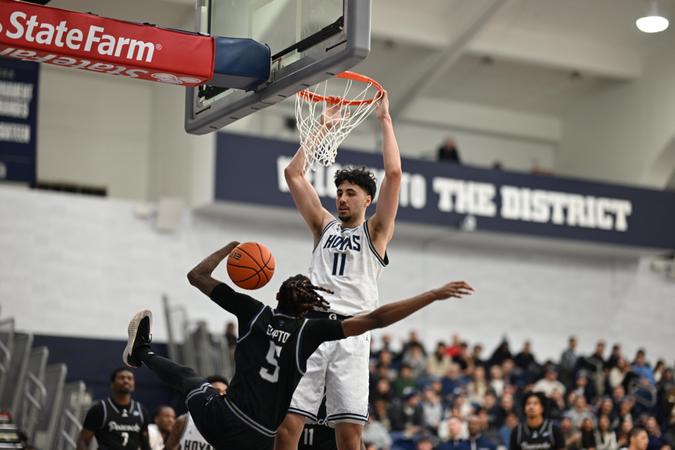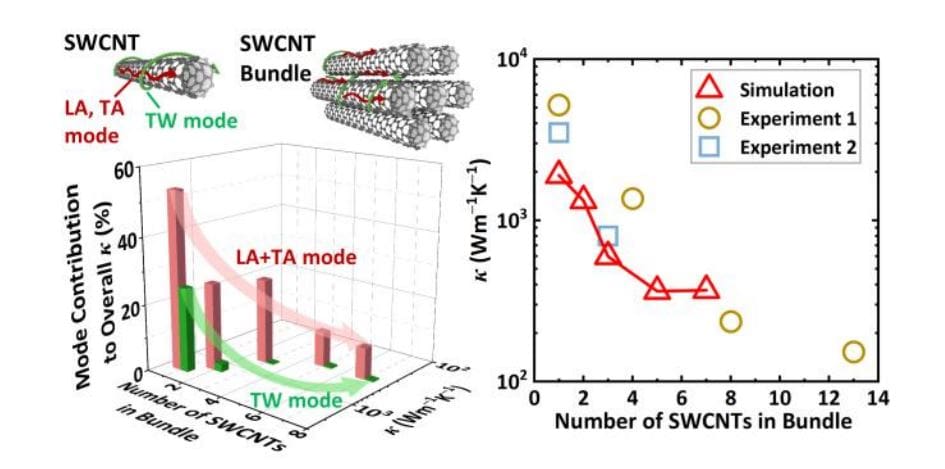- Rupee may catch a breather after swift decline; softer dollar helps at margin Reuters
- Indian rupee slips to record low, central bank intervention curbs fall Reuters
- Indian Rupee hits record low, sapped by hedging demand and outflows Business Recorder
- Rupee’s Decline Driven by Trade Deficit, U.S. Deal Talks, and Global Factors, Minister Tells Parliament INDIA New England News
- Not Just the Dollar: The Rupee Is Weak Against Almost Everyone indiaherald.com
Author: admin
-
Rupee may catch a breather after swift decline; softer dollar helps at margin – Reuters
-
Mississippi State 87-83 Long Island University (Dec 16, 2025) Game Recap – ESPN
- Mississippi State 87-83 Long Island University (Dec 16, 2025) Game Recap ESPN
- Mississippi State looks to build momentum vs. Long Island Field Level Media
- Revived Bulldogs host Long Island with Tuesday evening tilt in Humphrey Coliseum 247Sports
Continue Reading
-
UT Rio Grande Valley 83-72 Lamar (Dec 16, 2025) Game Recap – ESPN
- UT Rio Grande Valley 83-72 Lamar (Dec 16, 2025) Game Recap ESPN
- Brankovic has 18 as UT Rio Grande Valley beats Lamar 83-72 The Washington Post
- Texas Rio Grande Valley vs. Lamar prediction: Lamar favored to win men’s college basketball matchup…
Continue Reading
-
Heterogeneous graph transformer and diffusion model for disease diagnosis
Johnson, A. E. W., Pollard, T. J., Shen, L. & Lehman, L. H. MIMIC-III, a freely accessible critical care database. Sci. Data. 3, 1–9 (2016).
Shi, C., Hu, B., Zhao, W. X. & Yu, P. S….
Continue Reading
-

UBC study finds that mindfulness could reduce problematic smartphone use
Listen to this article
Estimated 4 minutes
The audio version of this article is generated by AI-based technology. Mispronunciations can occur. We are working with our partners to continually review and improve the results.
A study out of the…
Continue Reading
-
TCU 109-54 Arkansas-Pine Bluff (Dec 16, 2025) Game Recap – ESPN
- TCU 109-54 Arkansas-Pine Bluff (Dec 16, 2025) Game Recap ESPN
- The Olivia Miles Effect Has TCU Sitting Undefeated and Unbothered bet.com
- Women’s Basketball: Miles leads Frogs past Jacksonville with second straight triple-double Frogs O’ War
- Here…
Continue Reading
-

Georgetown Men’s Basketball Travels to Marquette for BIG EAST Opener – Georgetown University Athletics
- Georgetown Men’s Basketball Travels to Marquette for BIG EAST Opener Georgetown University Athletics
- How to watch Marquette vs Georgetown NCAAM game: Live stream, TV channel, and start time Goal.com
- Marquette eager to find range vs….
Continue Reading
-

Cambodia condemns Thai airstrikes near refugee camp away from border
Cambodia has condemned the Thai military, saying it conducted airstrikes near a refugee camp in Siem Reap Province, tens of kilometers from the border.
…
Continue Reading
-

Predicting SWCNT Bundle Thermal Conductivity Enables New Materials Design With Machine Learning
The dramatic reduction in thermal conductivity within bundles of single-walled carbon nanotubes (SWCNTs) has long puzzled scientists, hindering their application in advanced thermal management systems. Now, Feng Tao, Xiaoliang Zhang, Dawei…
Continue Reading
-

#20/23 Vols Crush #11 Louisville, 83-62
KNOXVILLE, Tenn. – In its first game at Food City Center in 26 days, the University of Tennessee men’s basketball team turned in a dominant performance Tuesday night and took down No. 11 Louisville, 83-62, in a top-25 showdown.No. 23/20…
Continue Reading